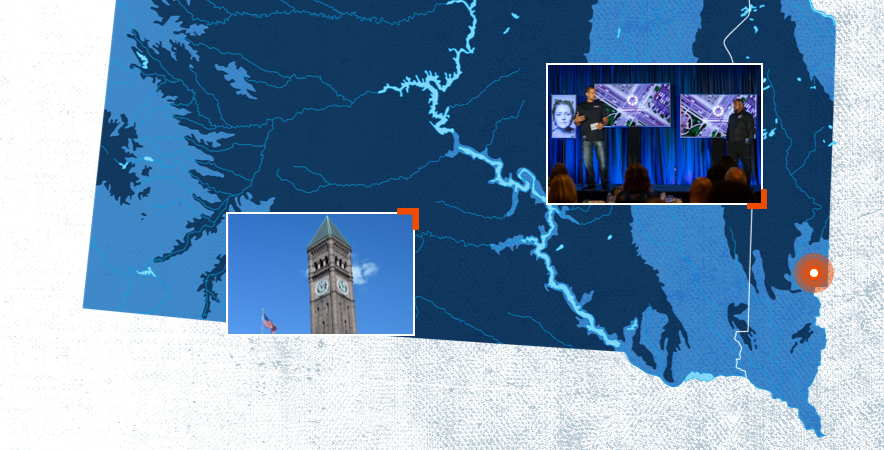Background
When Minnehaha County joined the Safety and Justice Challenge, roughly 24% of the jail bookings and 37% of jail bed days included those who self-identify as having a behavioral health or substance use disorder. Untreated mental health and substance use issues had led to individuals continuing to cycle in and out of the jail.
A significant percentage of people quickly churned through the jail. In an analysis of a 12-month period (April 2017–April 2018), 51% of individuals released from jail were there less than 24 hours and 27% were released within 3 days. On a given day in April 2018, around 74% of the jail population was pretrial.
Despite making up 8.4% of the general population, as of 2018, people of color were over-represented in the jail. Specifically, Black people represented about 14% of jail releases and Indigenous people represented about 31%, totaling 45% of the jail releases, on average.

